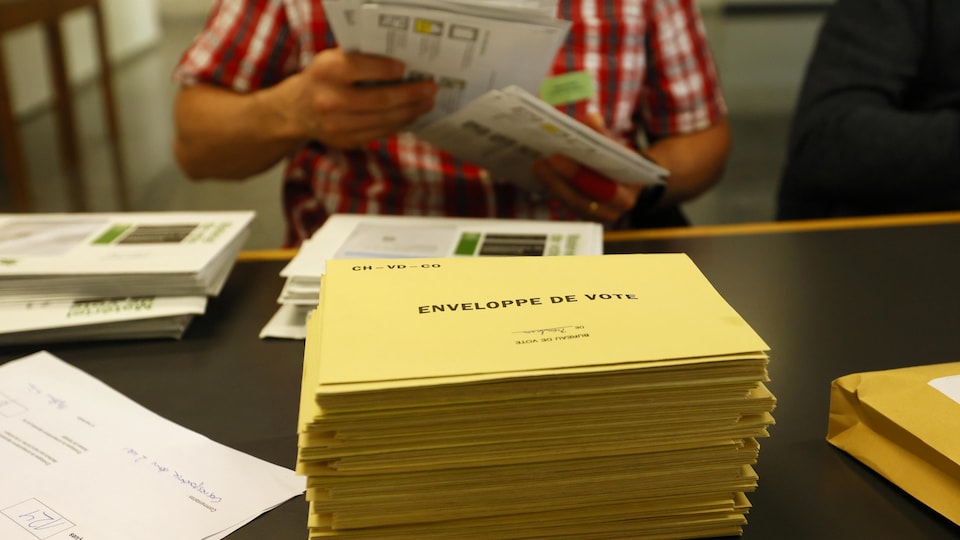The Swiss on Sunday accepted the proposal to increase organ donations by adopting the assumed consent model.
According to the final ballot result, 60.20% of voters accepted the change in the transition law. Until now, a person wishing to donate their organs had to give their consent during their lifetime. From now on, those who do not want to donate their organs will have to explicitly indicate this.
Over the past five years, in Switzerland, approximately 450 people each year, on average, have received one or more organs removed from dead people. By the end of 2021, more than 1,400 people are waiting for organ donation.
Last year, 72 people died while waiting for a donation, according to the national foundation Swisstransplant.
Currently, it is common that the preferences of people in Switzerland are not known about organ donation. So the decision is up to the relatives. In most cases, the latter disputes this, according to authorities.
The decline rate of more than 60% noted during interviews with relatives is one of the highest in Europe. However, polls show that 80% of Switzerland’s population is in favor of organ donation, says Swisstransplant.
The reform provides that Swiss will be considered donors in the event of brain death, unless they have expressed their opposition during their lifetime, by registering in a confederation register or by notifying their relatives.
Medical conditions remain the same: only people who have died in a hospital’s intensive care unit can donate their organs and the death must be certified no doubt two doctors.
Relatives will continue to be consulted and they can refuse any donation if they know or suspect that the person concerned is objecting.
The Federal Council and Parliament hope the change in the law will lead to an increase in the number of organ donations. According to Swiss authorities, most European countries, especially France, Italy, Austria and Spain, apply the assumed consent model, and record on average a higher percentage of donations than Switzerland.
Opposing the reform, a committee, headed by a nurse and a doctor and supported by right -wing politicians, launched a referendum, arguing that the reform violates people’s right to self -determination and physical integrity.
Organ donation, this committee said, is only ethically justified if the data subject has given explicit consent during his or her lifetime.
Source: Radio-Canada
